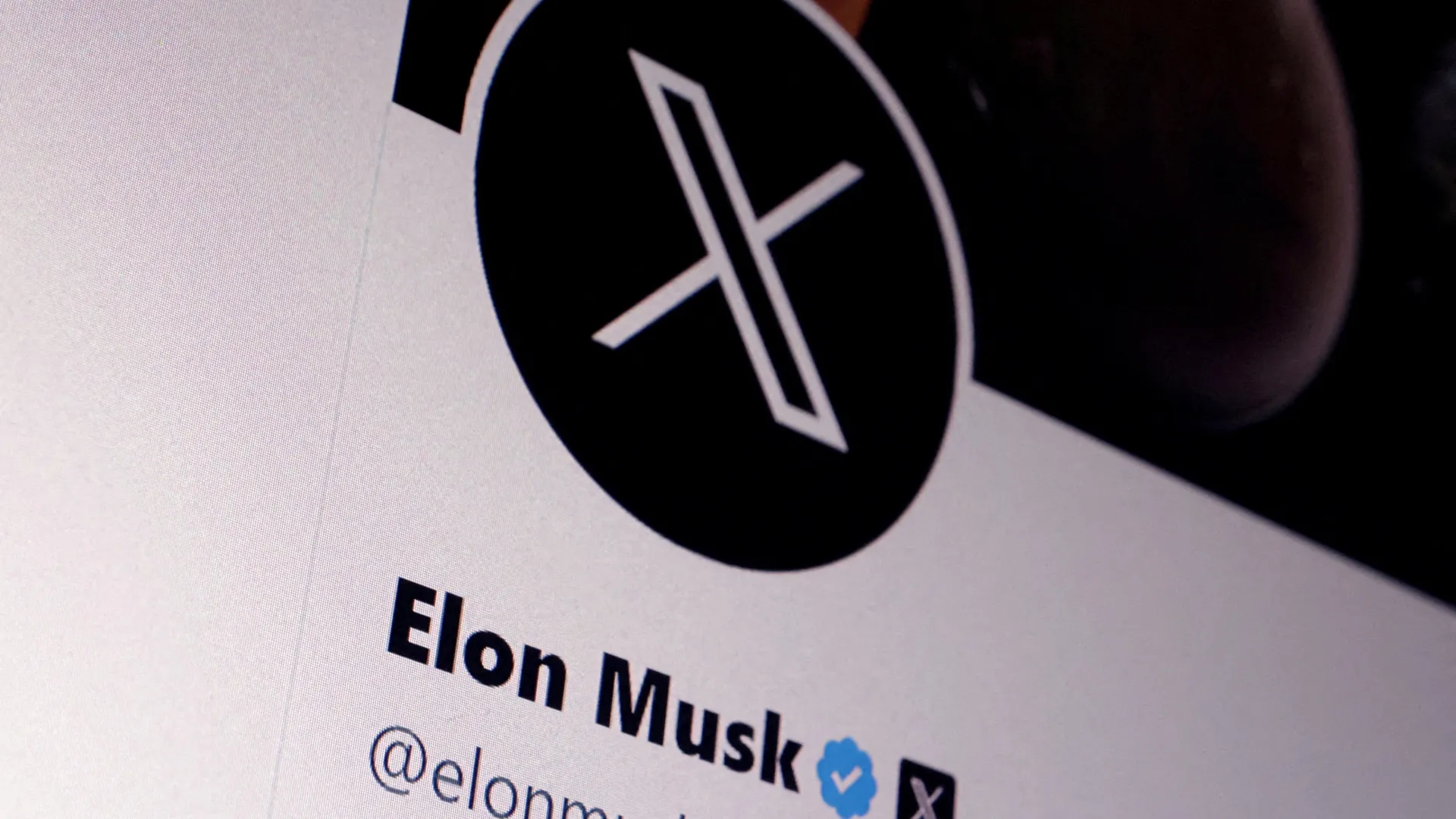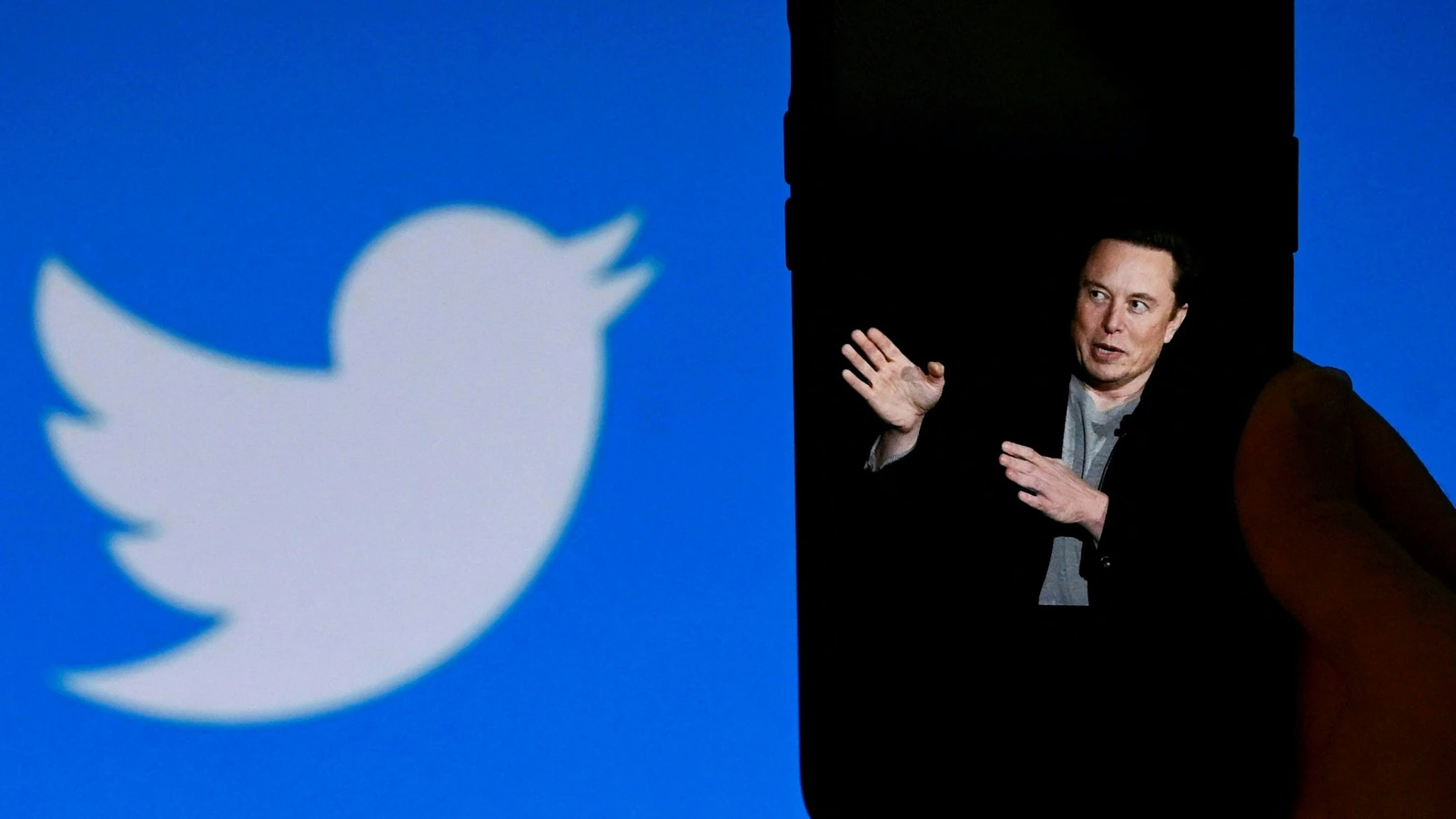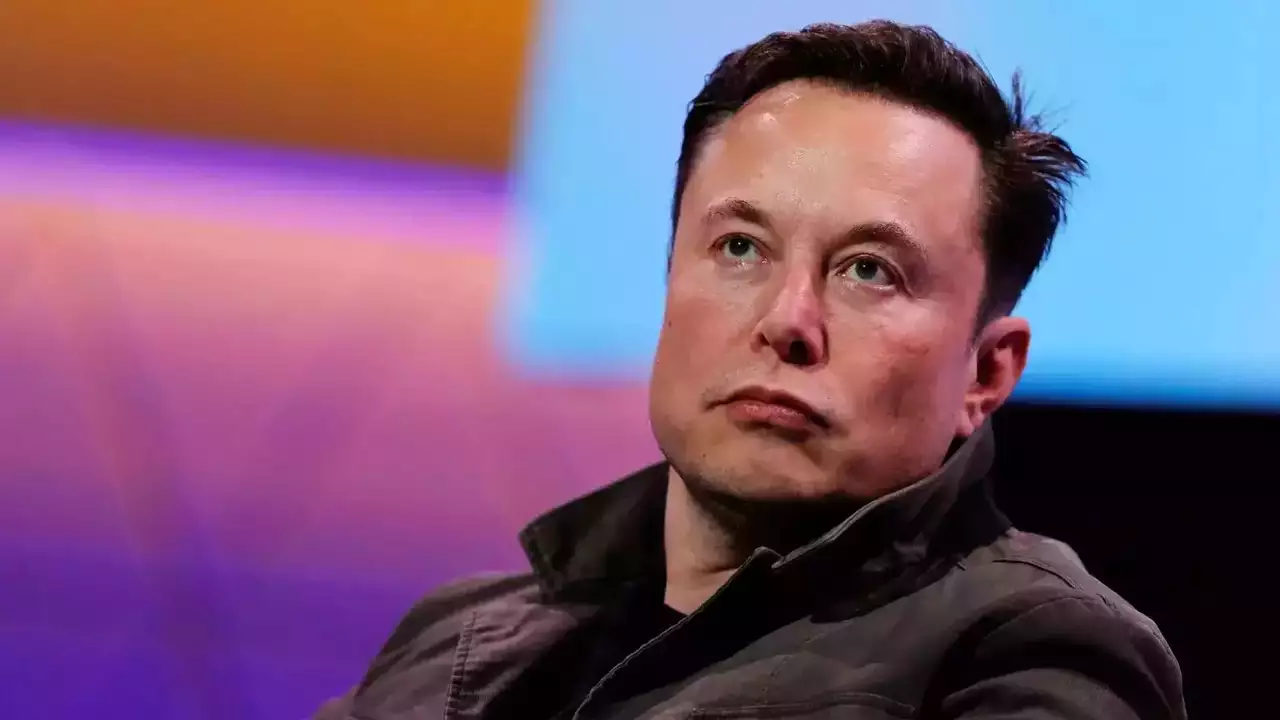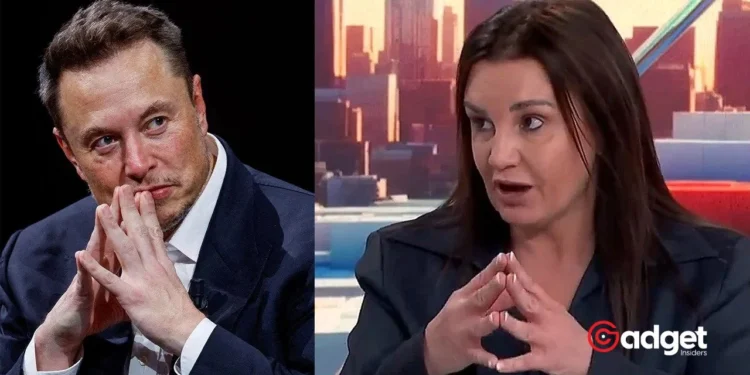In a rapidly unfolding drama that resembles a modern-day David versus Goliath story, Elon Musk, the enigmatic billionaire behind the social media giant X (formerly known as Twitter), finds himself at odds with the Australian government.
This conflict, brimming with accusations and legal threats, centers around a contentious issue: the distribution of violent content on the global stage of social media.

Elon Musk: The Heart of the Conflict
The spark that ignited this fiery clash was a disturbing video depicting a 16-year-old allegedly attacking a bishop in an Orthodox Christian Church in Sydney. Despite the serious nature of the content, the video found its way onto X, shared by the Australian Jewish Association.
This act led to a wider riot outside the church, prompting Australian authorities to demand the video’s removal from the platform, citing concerns of radicalization and public safety.

Legal and Ethical Quandaries
While most social media platforms complied with the Australian e-safety commissioner’s order to take down the video, X chose a different path. The platform limited access to the video only for Australian users, a move that could easily be bypassed using virtual private networks.
This half-measure has been perceived by Australian officials as both a defiance of national laws and a broader threat to communal safety. Elon Musk’s response to the demands has been to frame the issue as a fight for free speech.
He expressed concerns that allowing one nation to control content could lead to global censorship, asserting, “Our concern is that if ANY country is allowed to censor content for ALL countries, which is what the Australian ‘eSafety Commissar’ is demanding, then what is to stop any country from controlling the entire Internet?”
Elon is also fighting with Australia over speech issues https://t.co/Kfnc4YHzIu
— Brian Winter (@BrazilBrian) April 25, 2024
Political Backlash and Public Safety
The dispute has provoked sharp reactions from Australian politicians. Prime Minister Anthony Albanese described Elon Musk as an “arrogant billionaire who thinks he’s above the law, but also common decency.”
Meanwhile, Senator Jacqui Lambie, known for her forthright style, took to social media in military attire to challenge Elon Musk to “put his big boy pants on and do the right thing.”
This standoff isn’t just about political skirmishes; it has real-world implications. The Joint Counter Terrorism Team’s recent raids in Sydney, resulting in the arrest of several youths linked to the church attacker, underscore the tangible dangers of unchecked violent content.
Elon Musk’s Stance and Global Implications
Joanne Gray, a lecturer in digital cultures, weighed in on the broader ramifications, suggesting that Elon Musk’s approach deviates significantly from established norms of content moderation.
She pointed out that while limiting harmful material locally might contain its spread, Elon Musk’s absolutist free speech stance could set a concerning precedent for global content governance.

A Battle Far From Over
As this battle continues in the Federal Court of Sydney, with both legal arguments and public opinion sharply divided, the world watches closely. This case not only tests the limits of national jurisdiction over global platforms but also challenges the balance between free speech and public safety in the digital age.
This unfolding saga between a tech magnate and a nation reflects a larger conversation about the role and responsibilities of social media giants in our increasingly interconnected world.
As the legal proceedings progress, the outcomes will likely resonate far beyond the Australian borders, possibly reshaping how online platforms moderate content amidst diverse global standards.










